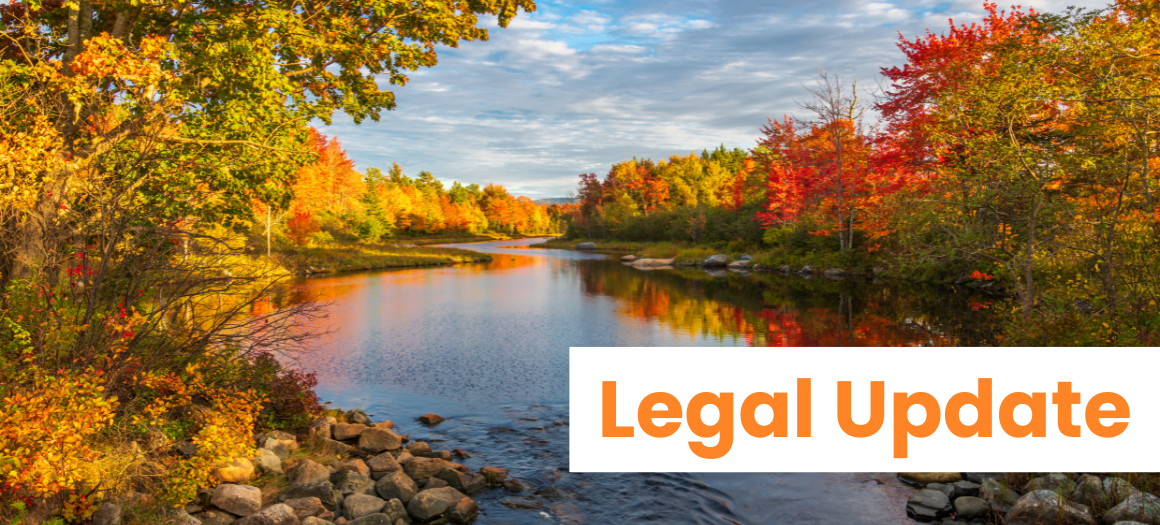An update from the WildFish legal team

Everything we do is grounded in science and the law. Here is what our legal team have been working on in September.
We have a hearing date in November for our appeal against the decision by Defra to allow the Scottish salmon farming industry to change the Protected Geographical Indication name for its products from “Scottish farmed salmon” to just “Scottish salmon”.
We are also looking closely at other aspects of the greenwashing exercise being conducted by the salmon farming industry. In addition to our formal complaint to the Competitions and Markets Authority about that industry’s claims of sustainability, we are continuing to examine legal avenues to address both public and private certification schemes that help greenwash the salmon farmers.
In our case against the Welsh Government concerning the potential for by-catch of protected salmonid species from Welsh rivers in Welsh coastal nets, we have taken Counsel’s advice and are seeking an urgent response from the Welsh Government with their plans to address the bycatch issue. If the response is inadequate, we will likely go to Court.
The new UK Government has just published the Water (Special Measures) Bill and introduced that Bill in the House of Lords. We are in touch with peers and have drafted several targeted amendments to the Bill. Unlike others, we don’t seek a root and branch reform of the water industry, because we believe the existing law, if applied properly and with vigour, can be used to address the problems with water company sewage pollution. However, some amendments would help increase the pressure on water companies to address the torrent of sewage pollution impacting our rivers. Watch this space…
We are also expecting publication any day now of the final report of the Office for Environmental Protection on the failures by the Environment Agency, Ofwat and Defra to apply the law on sewage treatment. The OEP’s investigation followed a detailed WildFish complaint, the first complaint of its kind submitted to the new OEP back in 2021. As readers will recall, the OEP has already come to an interim conclusion that the Environment Agency, Ofwat and Defra have failed to apply the law correctly (follow the links below for more on this). If confirmed, this will be a major victory for WildFish in the battle to end the appalling sewage pollution of English rivers and lakes.
BBC News: Government may have broken law over sewage – watchdog
WildFish has sent a new scientific report to the EA explaining how Cunsey Beck, a protected stream which feeds into Windermere, has deteriorated due to sewage pollution. Accompanying the report is a letter putting the EA on notice that “environmental damage” has been caused, requiring the EA to take steps to notify United Utilities (UU) under the Environmental Damage Regulations 2015. The EA should then notify United Utilities and order them to remediate and act to prevent further damage.
WildFish has been concerned about the lack of the capacity in the sewage and water resources infrastructure to deal with new housing development. WildFish therefore sent 36 letters to local planning authorities with chalk streams in their areas to ask them whether they take capacity into account when permitting new housing developments. Many of the councils have confirmed that they do. But in one case, WildFish has uncovered evidence that a big housing developer is using all its efforts to remove a capacity – condition from its planning permission so it can get on with the development. WildFish will be resisting.
Lastly, WildFish wrote to four administrations across the UK asking what they are going to do to protect salmon that are part of the metapopulations of salmon spread out across scores of rivers – not just protected sites. So far, the responses are varied but surprisingly awful. More to follow…
